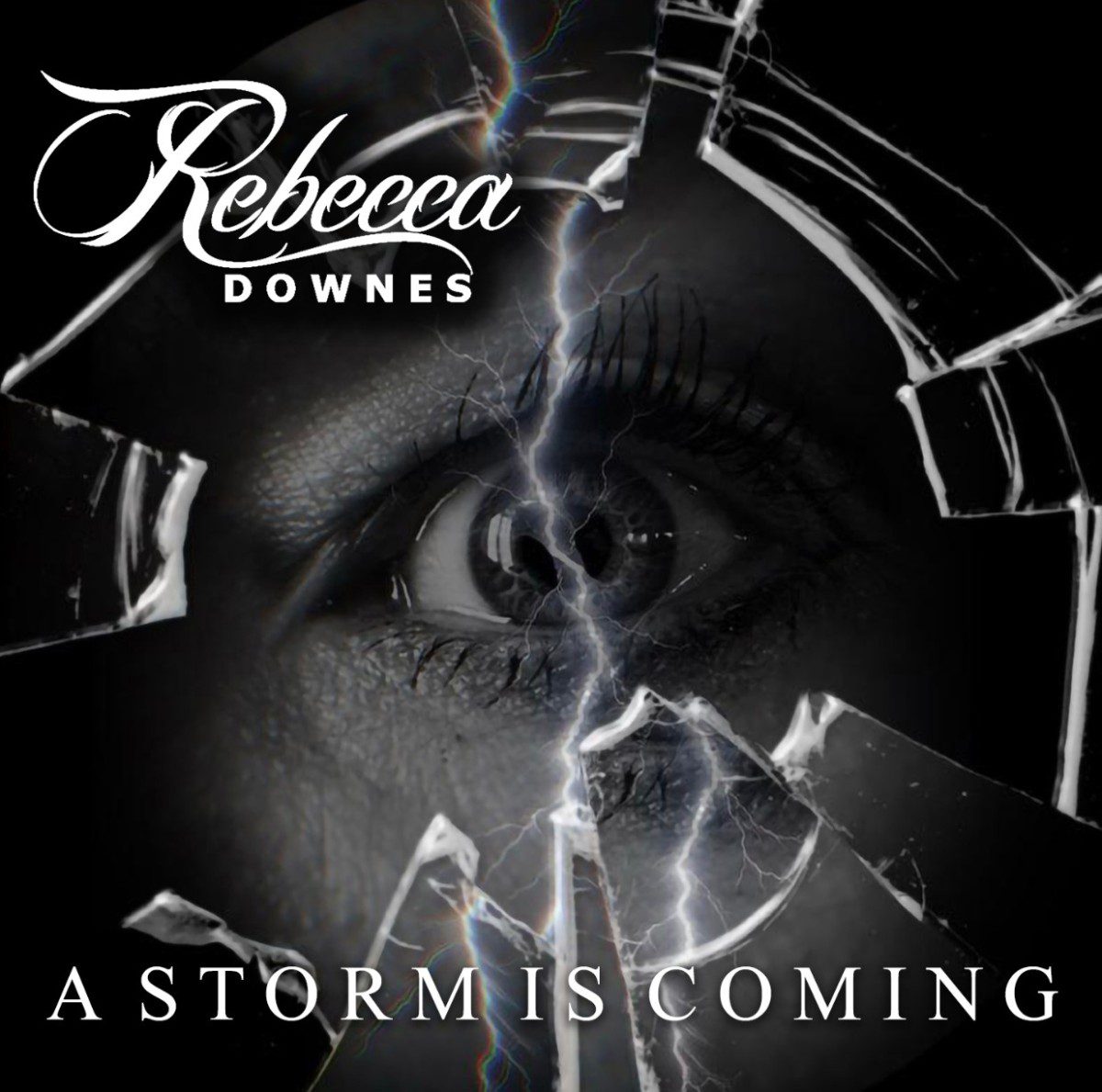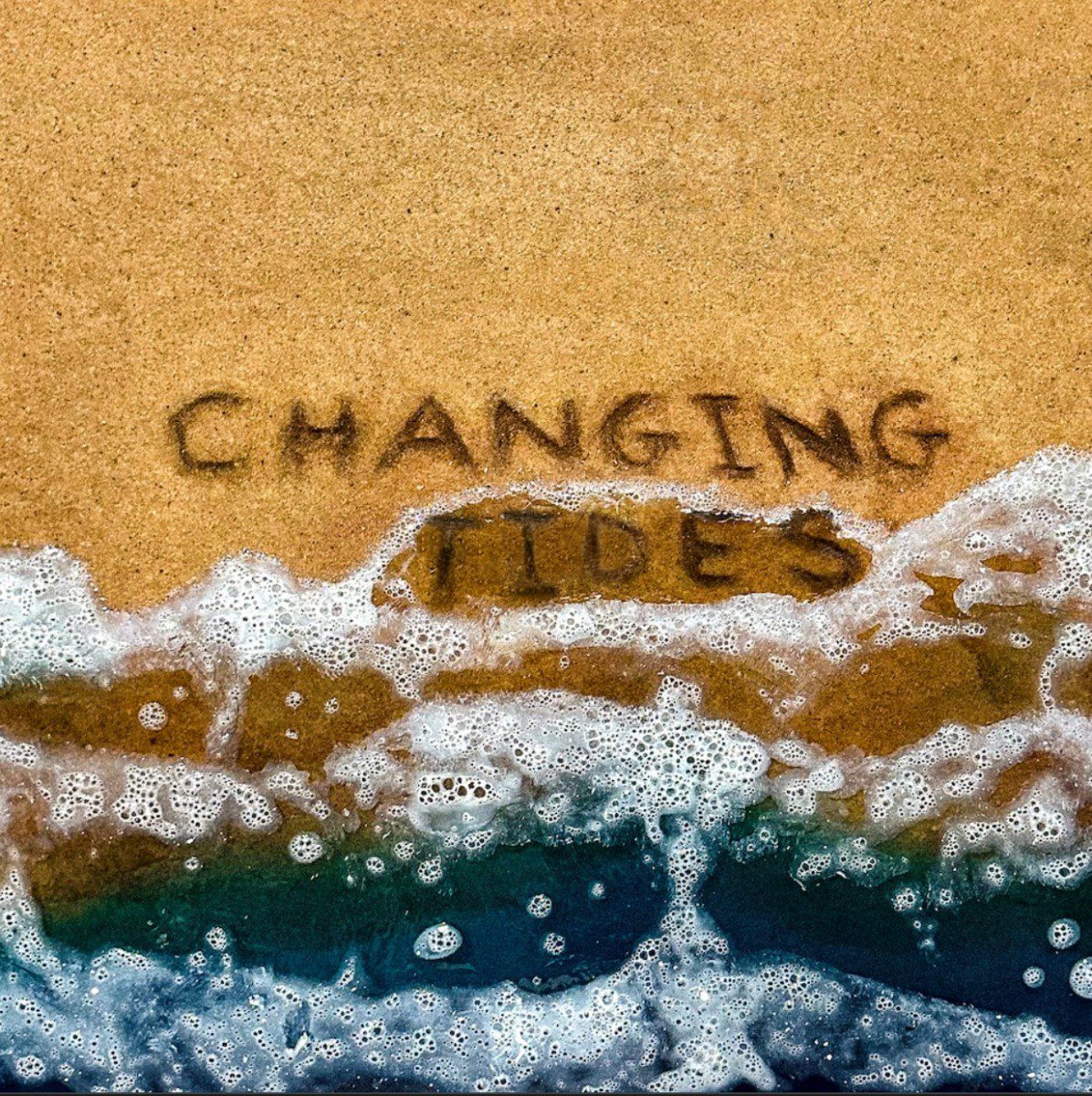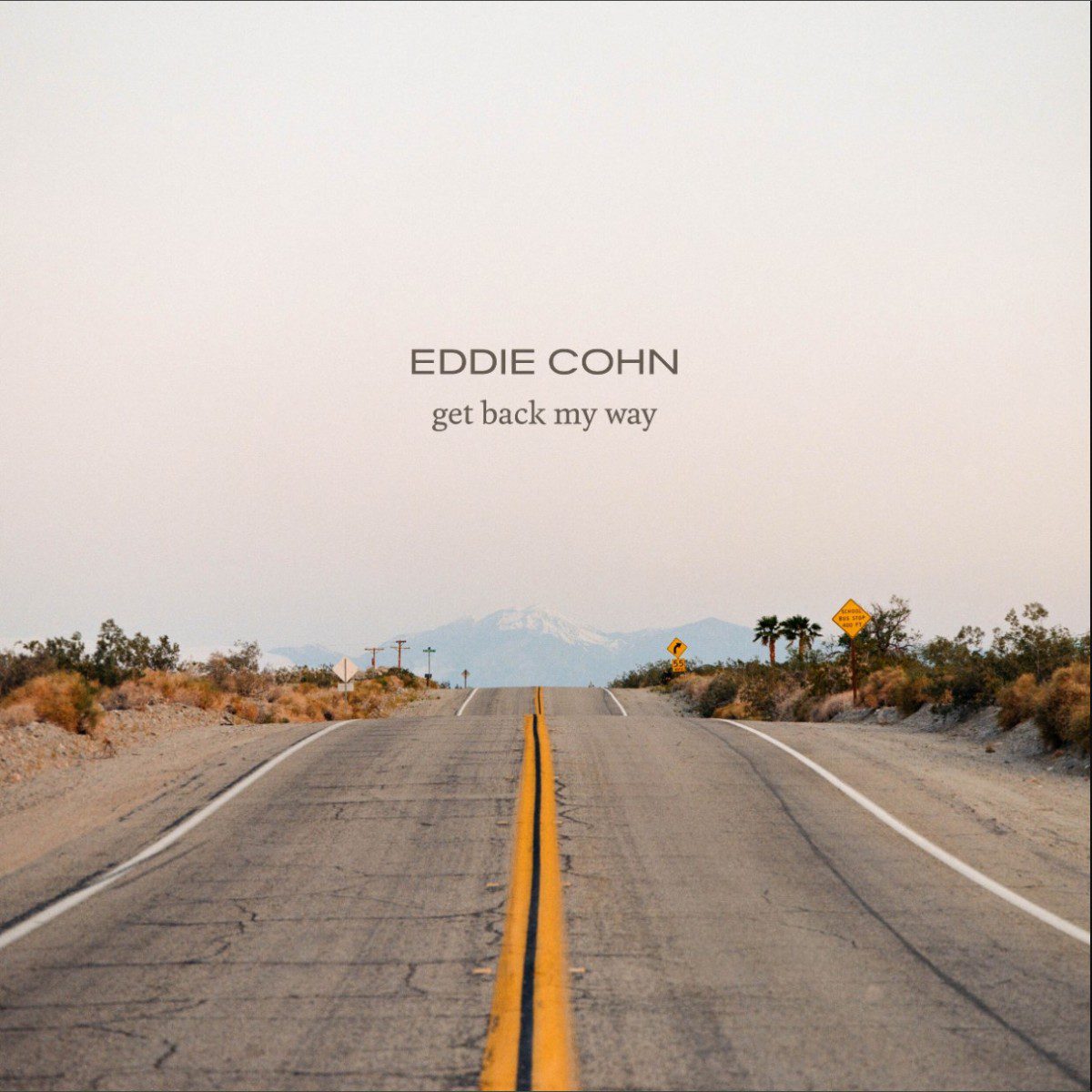A Storm Is Coming, the sixth studio album from UK blues-rock powerhouse Rebecca Downes, is much more than a simple set of songs; it is a carefully made, ten-song story showing a strong trip from inner stress to group freedom. Written with long-time partner Steve Birkett, the album successfully handles the complex feelings of life today, mixing the simple, deep heart of the blues with the strong, big energy of new rock. The main idea of the whole record lies in its strong statement of inner strength—the hard-won power found in simply looking at yourself, standing up to what’s wrong, and the thought-out choice to take back control.
At its core, A Storm Is Coming is an album about getting through inner and outer trouble to get clear answers. Downes and Birkett make music that is both personal—looking into the real-life issues of love, doubt, and breakups—and universal, dealing with the stress of the world right now. The stress is easy to feel in the music, pushed by heavy guitar parts and the deep sound of the Hammond organ, which provides an old-style base for the new music, setting the foundation for its most deep song ideas.
This mix of complex sound and real feelings is best understood by looking at the album’s story, which begins not with a whisper, but with the strong main song, “A Storm Is Coming.” The big first track immediately puts the listener right into a world of tough reality and judgment, where the essence of the track is political and social empowerment, built on the message of the people rising up.
Downes has described the song as being about individuals who are “taking it for a small amount of time and then rising up.” Here, the ‘storm’ isn’t a threat from above, but the collective, fair anger and power of people held down—a big, unstoppable wave of change that is bound to happen. The lyrics are a simple statement of doubt (“Think I lost my faith/ And I don’t feel safe”) that ends as a loud, single shout.
Having established this political and emotional stress, Downes immediately provides a different, high-energy feeling with “Falling Into You,” a catchy, fast feeling of love saving the day. The essence of this song is the exciting, sometimes risky, giving in to love. It is about falling for someone, potentially despite the presence of “red flags,” and being okay with being open that comes with a deep feeling of connection. It’s a celebration of attraction that shows how the band can easily move from deep, dark thinking to feel-good, energizing rock.
Yet, the journey quickly shifts from romantic giving in to strong belief in self with “Hold The Reins,” which acts as the album’s clear demand for personal freedom. This fast, strong rock track gives a main idea that shows the need for acting right away and taking charge over one’s own life path. It is a “symbolic order to fight,” warning against getting too relaxed in the face of pressures, be they inner emotional stopping or outside control by power. The song says no to being a victim with a sudden, powerful sense of resolve, demanding that the listener recognize they have “been the victim way too long” and must actively “make the change.”
Following this strong demand to fight, the album stops for times of needed thinking, arriving with the deep, slow feeling of “These Days.” The album’s necessary moments of thinking arrive in its slow-burn ballads, which focus on the inner fight. “These Days” burns slowly with deep feeling, acting as a simple look at dealing with hard times right now. The essence of this track is the honest struggle to keep one’s head above water in the middle of emotional mess and to keep self-respect when the world feels unsure.
Moving from thinking about everything to a focus on inner strength, the track “Tear Me Up” takes a darker, more serious change. This is a blues-rock song that tells a secret where the core message centers on standing firm—setting clear personal limits. The lyrics burn with the energy of someone who has been tested but refuses to break, changing hurt into a simple rule for being in charge of oneself. Musically, its strong, controlled music holds up Downes’ passionate singing, making it clear that while others may try to wound her, they will never truly succeed in breaking her spirit.
This sadness is balanced by the nighttime, basic rock ballad “Waiting For The Morning,” which captures the feeling of wanting something late at night turning into a hopeful dawn. Its essence is waiting with hope—that nervous, painful feeling of waiting for the next day to arrive so you can be with the person you love, or simply for a new start. It is the best sad song, going well with Downes’ perfect singing and Birkett’s guitar work, changing just being impatient into something big and deeply moving.
However, the wanting changes to a strong, final feeling in the very fast, happy song, “Never Gonna Take You Back.” This track delivers its sad topic with quick, strong catchy parts. The core message is one of strong, definite end. This is the breakup song where the main person knows they can’t go back. No matter what the ex-partner says or does, the decision is final—a strong statement of freedom and self-worth that is very interesting and makes you feel alive.
This strong ending is quickly followed by the return to sad, deep thought in “Bitter Taste,” another song full of up-and-down feelings and sad music. The big idea is to trust yourself and not stop, even when you want to quit or are really worn out. The gloomy organ sound and nice guitar parts make the hard time feel real, which shows why you must keep going when things are very rough and there is stress everywhere.
From this fight to feel good about herself, the album moves easily toward feeling better with “Let You Down Slow,” which gives an honest end. The main point here is the choice to stop a finished relationship kindly and without much pain. It trades the usual high feeling of breakup songs for a simple truth, saying that a clear goodbye is a way to show honor and keep yourself safe. This shows that an end does not have to be a bad event but can instead bring the calm that is truly needed.
Finally, “Hit The Ground Running,” a nighttime song that tells a secret, starts out slow and then turns into an answer, ends the album’s story. The main idea of this song is “last strong decision,” which means the moment you decide to completely change your behavior and way of life. After getting through the complex feelings of the songs before, this song serves as an answer, a promise to oneself to take the new day and move forward, putting all the lessons learned into motion. It provides the perfect sense of uplift and moving forward to close the record.
A Storm Is Coming is not merely an album; it is a clear message from an artist at her very best. Rebecca Downes and Steve Birkett have achieved a great balance, mixing the real feeling needed by the blues with the strong, big sound wanted by modern rock. The record goes in a circle: it starts with problems, then it fights through thinking and staying strong, and finally it ends with a strong sense of control and hope. Every song, from the political “A Storm Is Coming” to the very personal “Bitter Taste,” shows how people can keep going and start over.
This is an album built on real feelings and strong sound—it rages, it aches, and most importantly, it uplifts. It confirms Downes’ status as one of the UK’s very strong, separate artists, showing that being real, when mixed with strong belief, makes music that is not just good now but stays good. This is a must-listen for anyone who likes modern rock with a blues heart and deeply moving honesty.
For more songs like this, follow Rebecca Downes on Spotify, Rebecca Downes on Instagram, rebeccadownes.com










